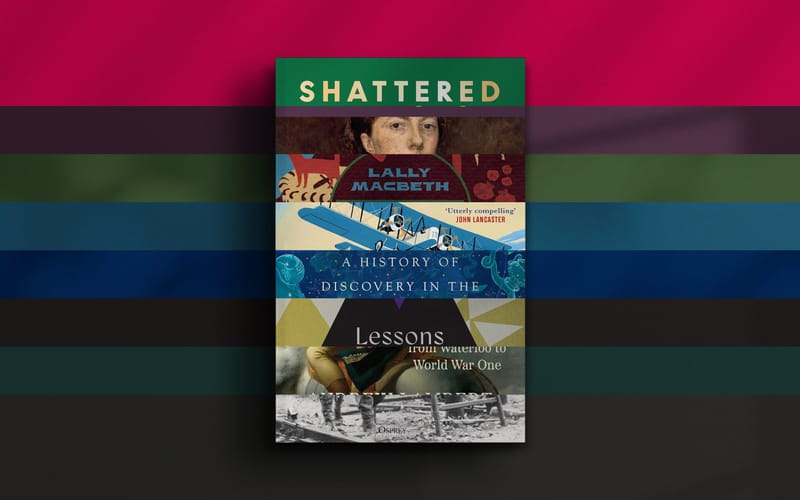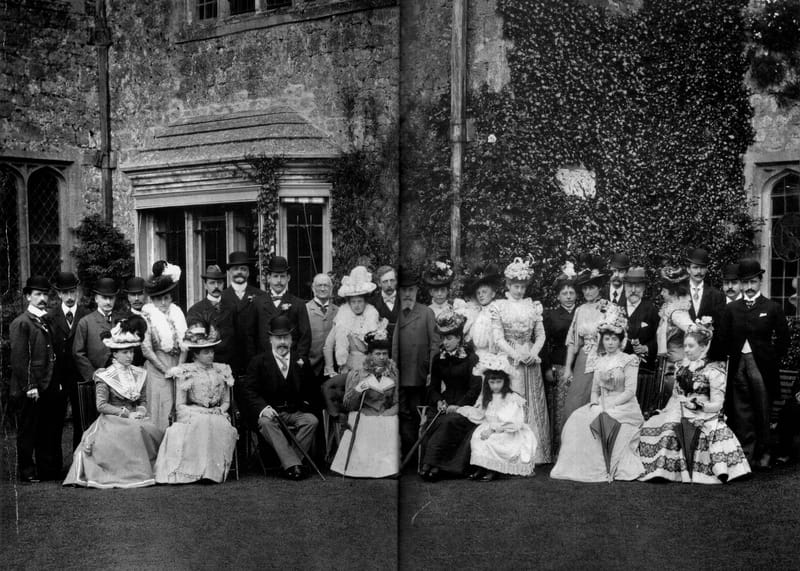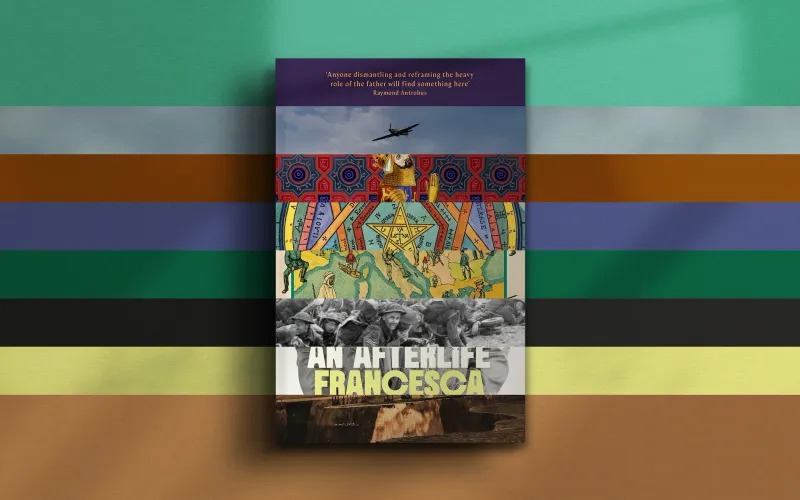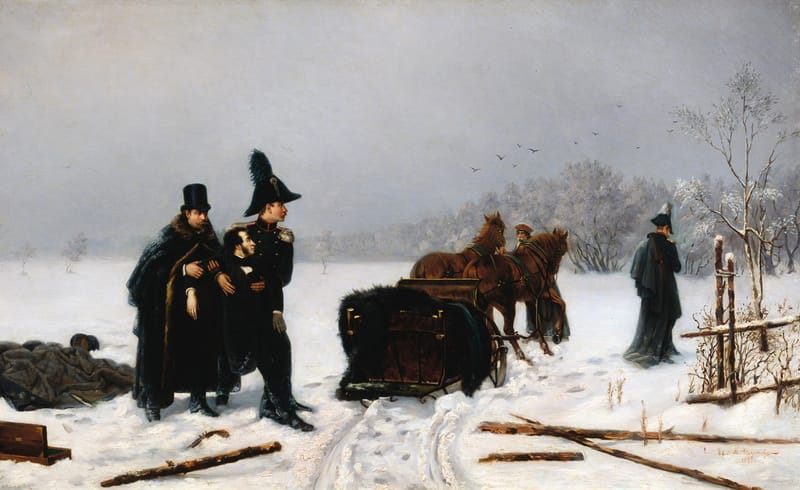Reporting from the Land of Auschwitz
József Debreczeni describes his arrival at the Auschwitz Extermination Camp in May 1944
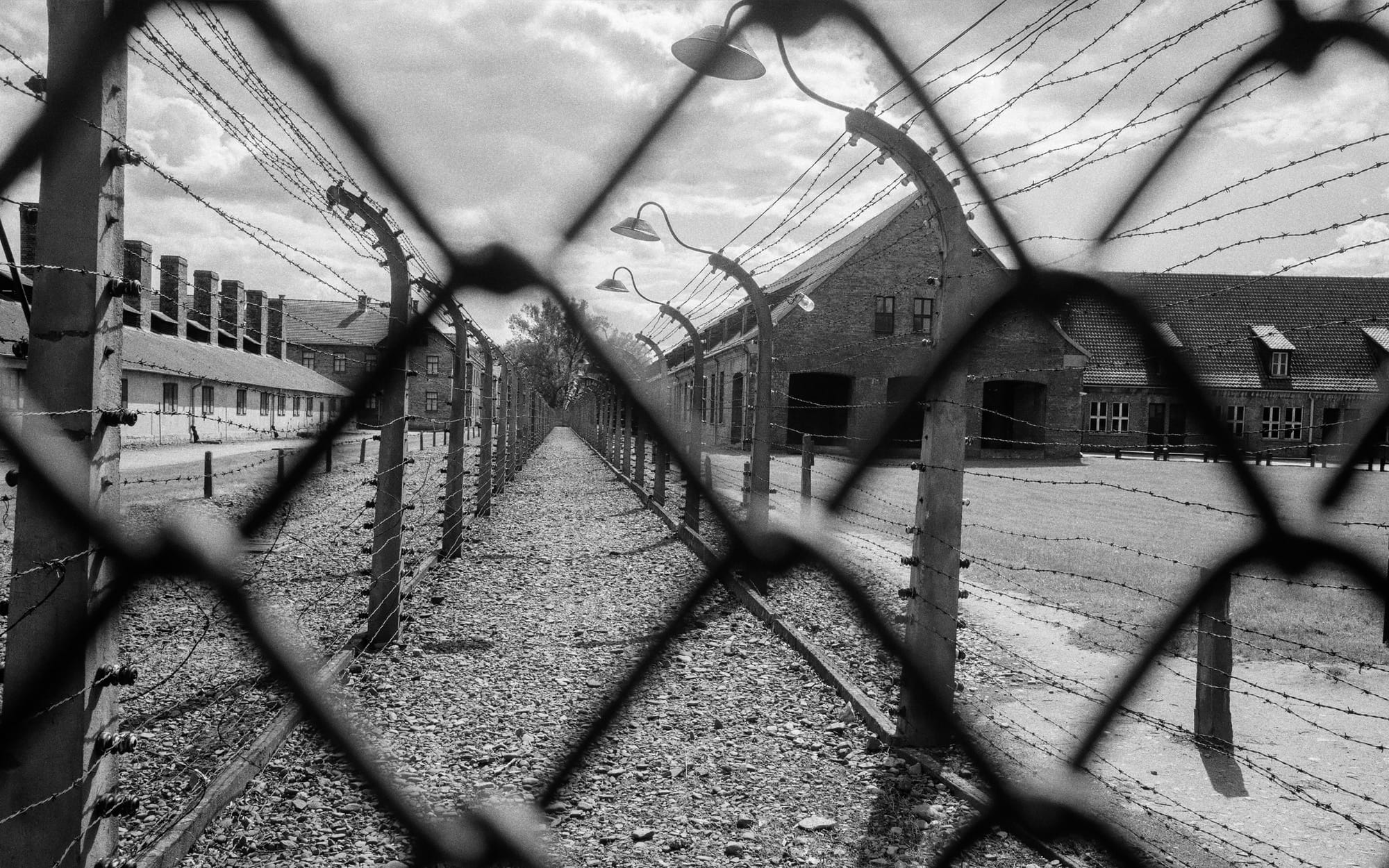
For decades József Debreczeni's Holocaust memoir, Cold Crematorium, was unknown in the English-speaking world.
Written shortly after the Second World War, in 1950, it told a story of haunting intensity. Debreczeni was a Hungarian Jew. In May 1944, after years of mounting persecution, he was transported to the Nazi extermination camp at Auschwitz in Poland.
At Auschwitz Debreczeni confronted the murderous horror of Nazism. The story of what he witnessed and how he survived was channelled into Cold Crematorium.

Only recently rediscovered, Debreczeni's memoir was published in English translation for the first time in 2024. The New York Times selected it as one of the ten best books of the year.
'Debreczeni', it wrote,' has preserved a panoptic depiction of hell, at once personal, communal and atmospheric'.
In this excerpt, Debreczeni recalls the disquieting set of circumstances and the crucial twist of fate that spared his life when he arrived at Auschwitz.

Excerpted from József Debreczeni's Cold Crematorium: Reporting from the Land of Auschwitz
Arrival at Auschwitz
We rush to the window yet again. The camp gendarmes leap from the passenger cars at the front of our train. In groups of two or three, they charge at each carriage and attack the locks. The bolts snap open with rusty creaks. The doors tear apart. Fresh sun and sweet, cool morning air pour in. I take deep, bountiful breaths. I look in my companions’ sallow faces and see my own.
Auschwitz . . .
A gaunt SS officer approaches. One of the grass-green guards stands bolt upright at attention and barks out a report. The officer nods, says something, and at once the command rings out:
“Get out, with bags too! Everyone line up in front of their cars. Los [Come on]! ”
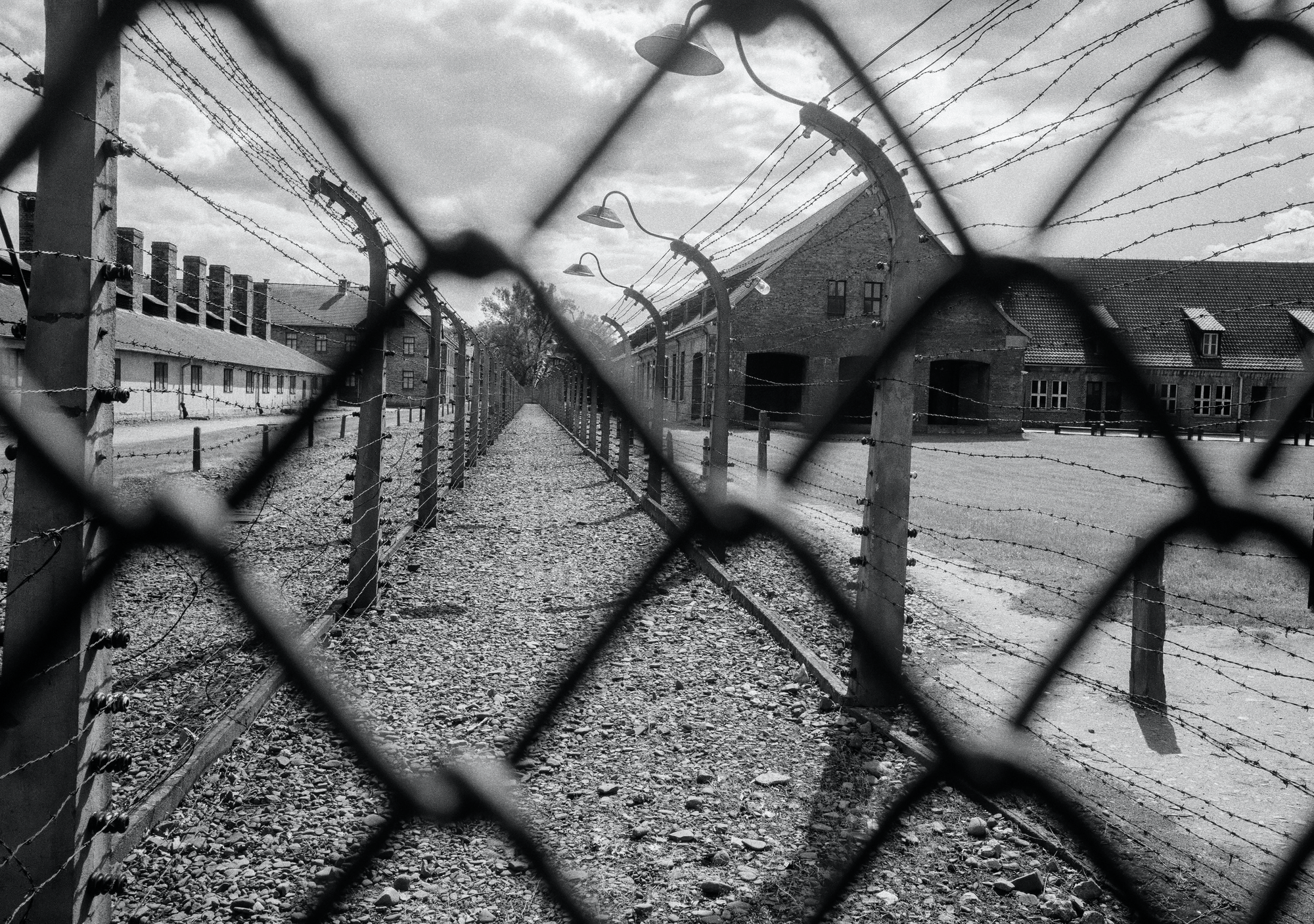
The breeze goes right through me—it’s been a while since I’ve felt one—and I squint in the morning light. The warm short lambskin jacket I’m wearing has been with me through four different labor camps. It’s dependable, to be sure, and yet here I shudder all the same. Perhaps it’s not the air that does this to me but waiting for the unknown. Beside me, Márkus, a man of means from Subotica, chews away stubbornly on some bread crust. He’s also run out of cigars. The last pungent Virginia died out between those ever-grumbling lips before we got as far as Nové Zámky. Who knows what he was thinking? This man who for fifty years kept chasing a mirage that can be expressed in numbers: money. And now, as if he were a stray bug, the guard swatted him off the bag of treasures he had been painstakingly weaving for a long time.
Meanwhile the grass-green guards, with the help of some paint-splotched figures, throw the motionless from the cars. The veteran häftlinge work indifferently and adeptly. They fling the bodies onto handcarts—there may be living among those bodies—and then wordlessly set their shoulders to the handles.
A new command:
“Bags are to be left in front of the cars! Line up in rows of five!”
Again, the marching column we had back in Topola has taken shape, but now pared down quite a bit: there are perhaps one thousand or twelve hundred people here still able to stand on their feet.
We cast agonizing glances toward our bags. If we can’t take the stuff with us, the chance of quick annihilation is even greater. If need be—so we had thought—we could trade in our blankets, warm clothes, and brand-new hobnail boots for food.
The procession began reluctantly, although a bit of encouraging news was already making the rounds, but who knows how it began:
“They’re bringing the luggage on a truck behind us.”
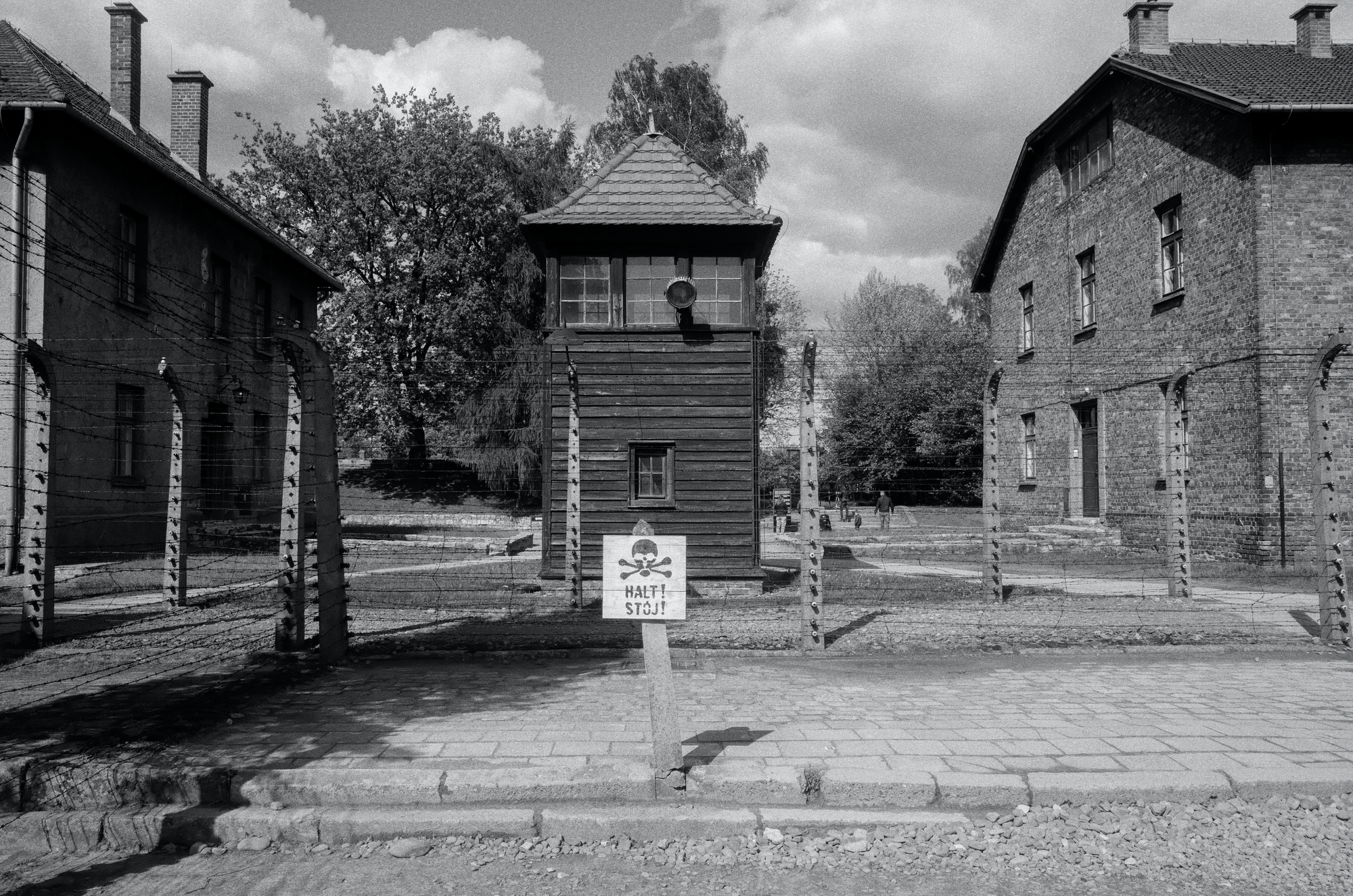
After a few hundred steps came the command to stop. A big, almost perfectly square space. Just as large as that major intersection, Oktogon, along the Grand Boulevard back in Budapest. Barracks with chimneys spewing out smoke. To the right, a yellow-and-black crossing gate closes off a well-maintained, steep road. A watchtower. A machine-pistol-toting sentry was stomping back and forth a few steps away from the wooden structure, and machine guns were yawning our way from the tower’s loopholes. Fifteen or twenty trucks were all around us, with armed SS soldiers and drivers beside them. The grass-green guards who’d accompanied us from back home had vanished. On the square, in gray uniforms, SS lads, junior officers, and senior officers—the “gray ones,” as I came to think of them—were strutting about.
First, the women were commanded to separate from the rest of us. They stagger and stumble along, one behind the other, numb with fear. Hundreds of people, with watery eyes, watch their wives, mothers, and daughters now fade into the distance. Mothers and daughters spasmodically clasp each other’s hands as girlfriends do the same. The sparse, silvery hair of trembling old women sparkles in the sun. Mothers with babies shrieking in terror are lulling them or deliriously squeezing them to their breasts. In a sprawling, stretched-out column the women and girls now disappear forever. Moments later the barracks envelop them, but the crying of children can be heard for quite a while.
A group of four men approaches us: two officers, a tall one with gold-framed glasses and carrying a paper form, and another, toting a briefcase; and two storm troopers with icy expressions. They stop, step apart, with two on each side facing each other. We must pass between them in a line down this narrow corridor they’ve fashioned. The man with the form in his hand glances at everyone and gives a wave of his hand. Right or left. The other three drive the victims accordingly in the direction indicated.
Right or left. To a life of slavery or to death in the gas chamber.
Those who’ve made it home know what it meant if someone went left. But, then, we didn’t know yet. The decisive moment slunk away, unnoticed, amid the others.
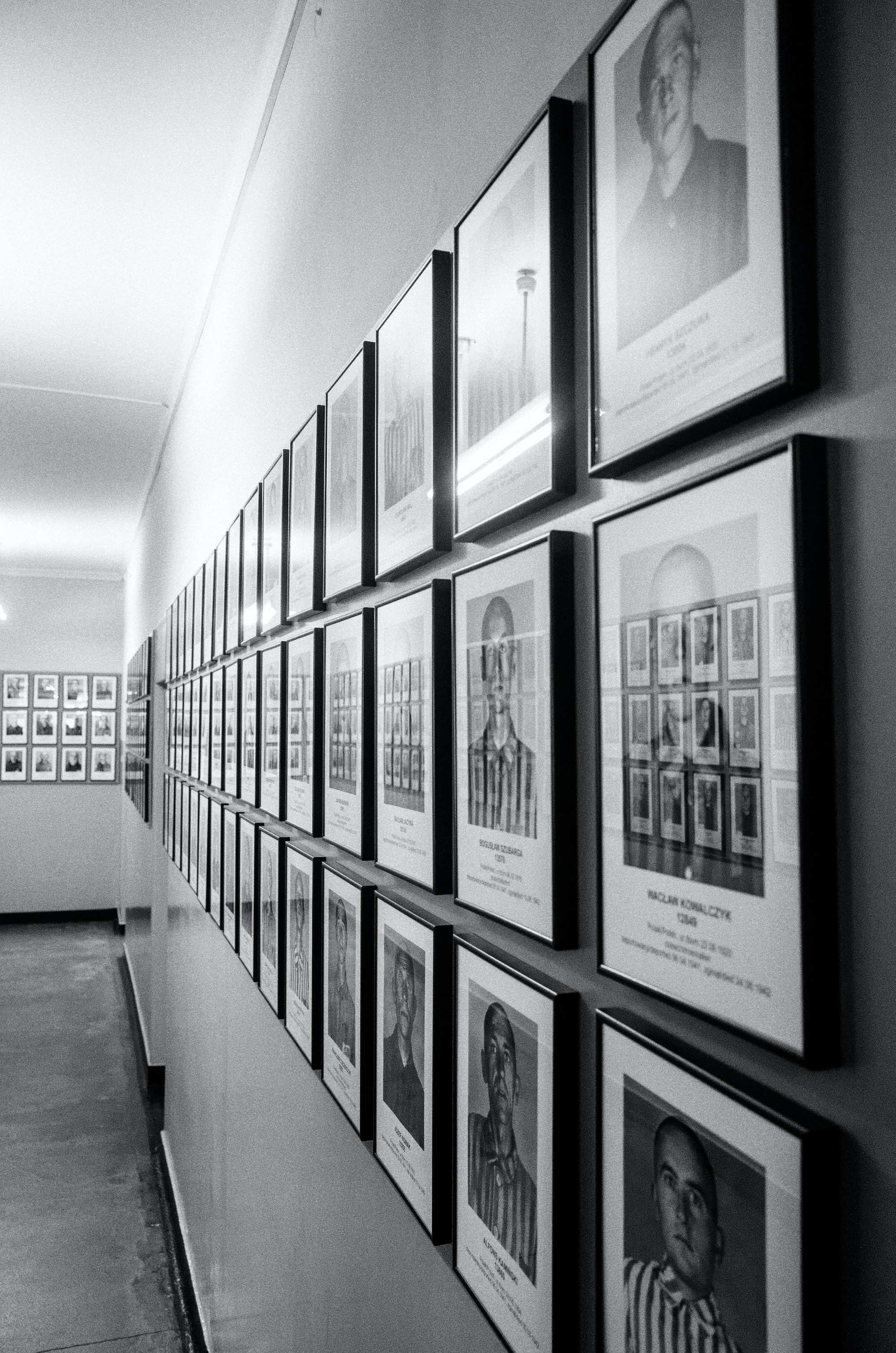
The gray-haired, the emaciated, the nearsighted, and the lame mostly go to the left. So that’s the “medical exam.” In a half hour two almost identically long lines of people, five to a row, form on the right and the left. The four Germans consult briefly, whereupon one of them steps between the two groups.
“There will now be a ten-kilometer march uphill to the camp. You”—and he points to the left—“older and weaker ones will go by truck, the others on foot. Anyone among those on the right who doesn’t feel strong enough to walk can step over to the left.”
Long, heavy moments of silence. The condemned and their executioners stare at each other. The announcement, issued in such a detached, natural-sounding voice, doesn’t spark a bit of suspicion. Only a few of us are flummoxed by the generosity. This is not the Nazis’ style. Many prepare to go all the same. Even I make an involuntary movement. That’s when one of the carts carrying the dead turns closer to us. It rattles past between the two columns a few steps away. The häftling beside the shoulder bar does not look at us, but I can hear his subdued voice:
“Hier blieben! Nur zu Fuss! Nur zu Fuss! [Stay here! Only on foot! Only on foot!]”
He says it several times, but few of us hear this stranger’s lifesaving warning. I decide. I’m scared of the journey on foot, and yet I stay. It’s more that I obey some instinct that suddenly flares up in me rather than the comrade pulling the handcart. I grab the arm of my neighbor, Pista Frank.
“Don’t go over,” I whisper.
Nervously he tears himself from my grip and heads off. Others too. The line thins out noticeably. The gray ones smile slyly, whisper among themselves, point toward us. Once those who’ve opted to go have gone, our group is surrounded by two platoons holding bayonets up high. We’re off ■
On May 1, 1944, he was deported to Auschwitz after three years as a forced labourer. He was later a contributor to the Hungarian media in the Yugoslav region of Vojvodina, as well as leading Belgrade newspapers. He was awarded the Híd Prize, the highest distinction in Hungarian literature in the former Yugoslavia.

Cold Crematorium: Reporting from the Land of Auschwitz
Vintage Classics, 9 January, 2025
RRP: £9.99 | ISBN: 978-1784878887
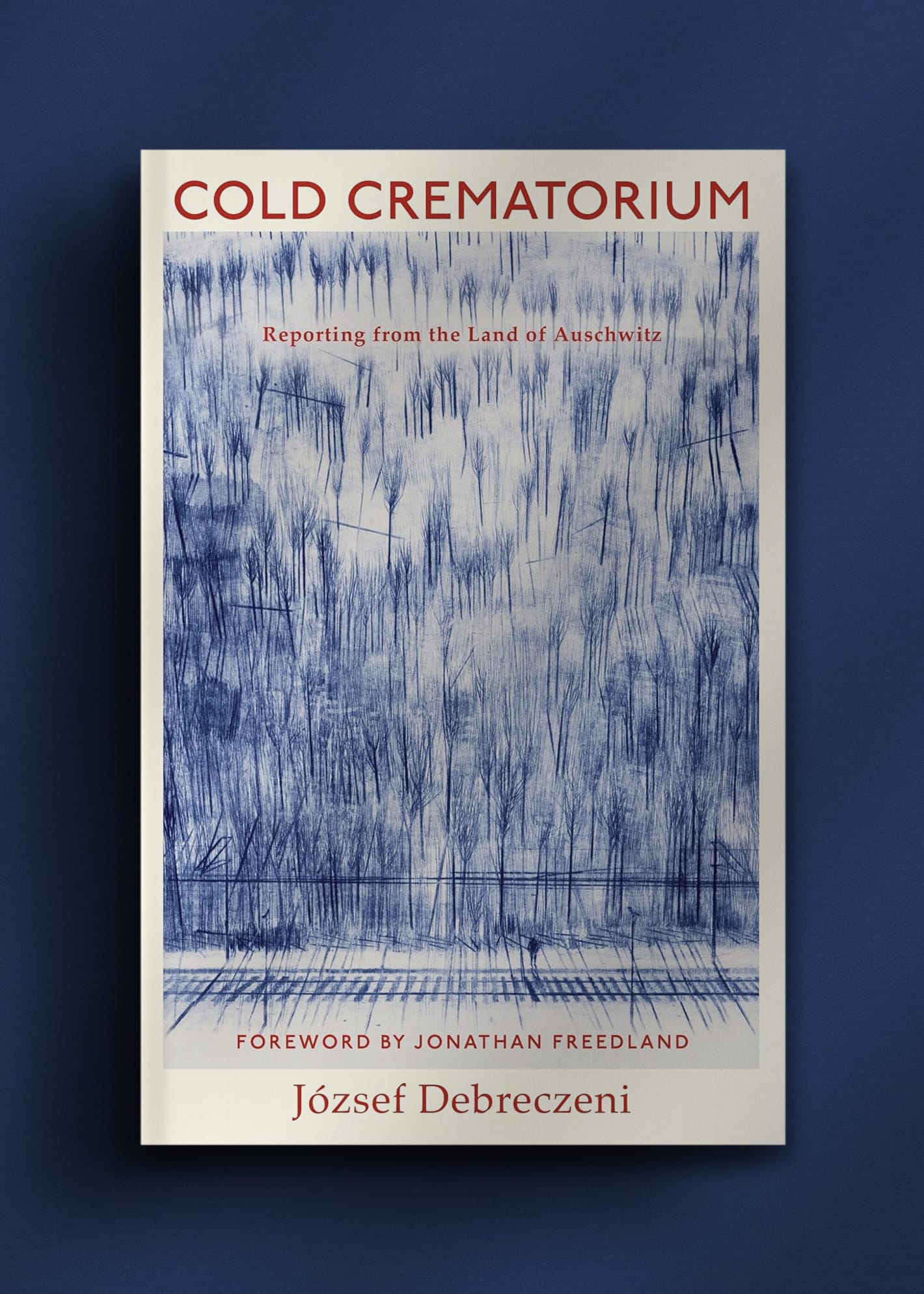
"Meticulous and intelligent translation... A masterpiece"
– New Statesman
This lost classic, a crystal clear eyewitness account of the Holocaust, has been translated into English for the first time, 70 years after it was first published.
For many years this powerful classic of Holocaust literature was forgotten. József Debreczeni was a journalist and poet who arrived in Auschwitz in 1944. He survived the initial selection and endured twelve months of incarceration and slave labour in a series of camps. He ended up in the ‘Cold Crematorium’, the so-called hospital of the forced labour camp Dörnhau, where prisoners too weak to work were left to die. Debreczeni beat the odds and survived. This is his story, written in haunting, lyrical prose, compelling us to imagine the unimaginable.
Although published in Hungarian in 1950, the book was then lost for the next seventy years. Now, finally, this important eyewitness account takes its place among the great works of Holocaust literature.
"A literary diamond – sharp-edged and crystal clear. A haunting chronicle of rare, unsettling power... A holocaust memoir worthy of Primo Levi" – The Times
"As immediate a confrontation of the horrors of the camps as I’ve ever encountered. It’s also a subtle if startling meditation on what it is to attempt to confront those horrors with words… Debreczeni has preserved a panoptic depiction of hell, at once personal, communal and atmospheric" – New York Times

This excerpt is republished with permission from Vintage Classics. Additional Photography Peter Moore.


